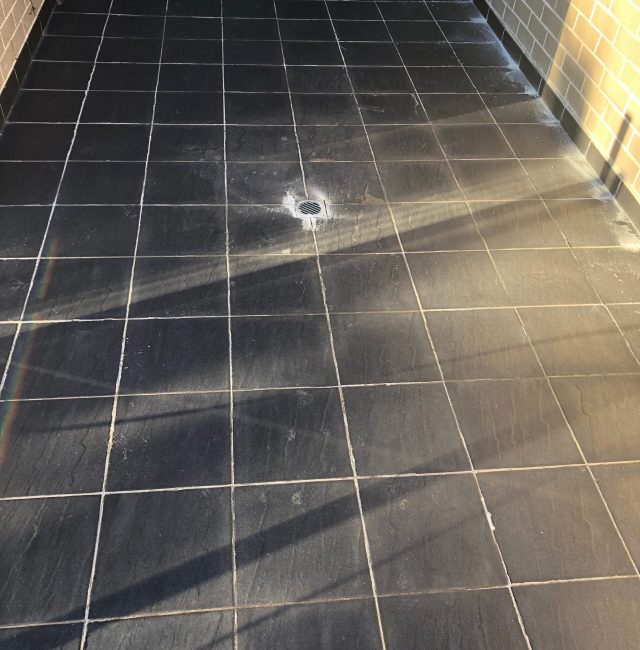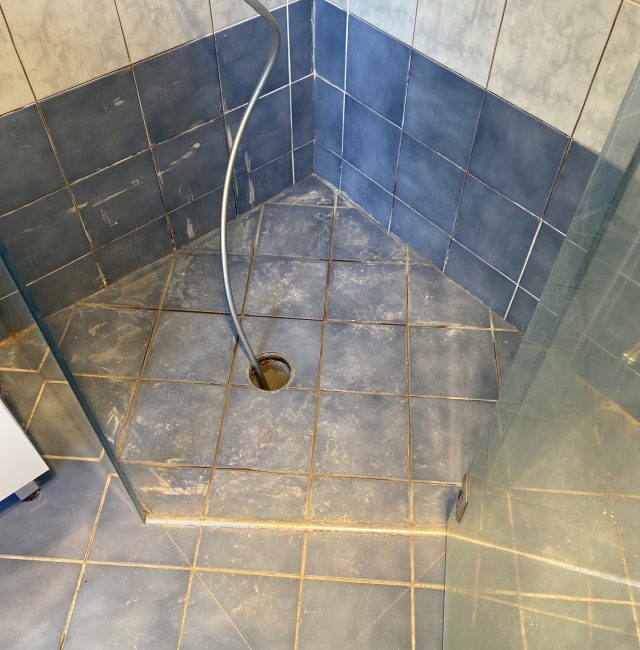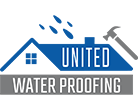
Leaking Showers: Causes, Detection, and Solutions
Introduction
A leaking shower can be an aggravating and expensive problem for homeowners. It not only wastes water, but it can also damage the surrounding walls and flooring. In this post, we will look at the reasons of leaking showers, how to detect whether your shower is leaking, and how to solve the problem.
Causes of Leaking Showers
1. Damaged or Worn Out Seals
Damaged or worn out seals are one of the most prevalent reasons of leaking showers. Due to repeated exposure to water and cleaning agents, the rubber seals that prevent water from escaping can deteriorate over time. Water can enter through the gaps when these seals fail, resulting in leaks.
2. Cracked Tiles or Grout
Shower leaks can also be caused by cracked tiles or grout. If water enters through the fractures, it can harm the underlying structure over time. It is critical to inspect your shower tiles and grout on a regular basis for cracks or degradation.
3. Faulty Shower Valve
Leaks might be caused by a defective shower valve. The flow and temperature of water in your shower are controlled by the valve. If the valve is worn or damaged, it may not close completely, allowing water to flow even after the shower is turned off. A faulty valve should be repaired as soon as possible to avoid further water damage.


Detecting a Leaking Shower
1. Visible Water Damage
Visible water damage is one of the first indicators of a leaking shower. Examine the walls and floors surrounding your shower for discolouration, flaking paint, or soft patches. These symptoms may suggest that water is leaking behind the walls or beneath the floor.
2. Musty Odor
A musty odour in or near your bathroom could indicate a hidden shower leak. When water penetrates into concealed locations like the subfloor or wall cavities, it can create a damp environment that encourages mould and mildew growth. A musty odour should not be overlooked because it may signal a leak.
3. High Water Bills
A leaking shower could be the cause of a sudden spike in your water bills without a commensurate increase in water usage. Even little leaks might waste a substantial amount of water over time, resulting in increased bills. Keep a close eye on your water usage and bills for any unexpected patterns that could suggest a leak.
Solutions for Leaking Showers
1. Replace Damaged Seals
If the seals in your shower are damaged or worn out, they must be replaced. To ensure correct installation, consult a professional plumber or a do-it-yourself handbook. You may restore the watertightness of your shower and prevent further leaks by replacing the seals.
2. Repair Cracked Tiles or Grout
Cracked tiles or grout should be fixed as soon as possible to prevent water from leaking in. Replace any cracked or broken tiles or grout with new ones. To build a water-resistant barrier, ensure that the new tiles or grout are properly sealed.
3. Fix or Replace the Shower Valve
If the leak is caused by a malfunctioning shower valve, it may need to be repaired or replaced. Consult a plumber to analyse the problem and choose the best line of action. They can either repair or replace the valve to ensure proper operation and avoid further leaks.
4. Waterproofing
Applying a waterproofing membrane to the shower area is an efficient leak-prevention method. This membrane acts as a barrier, preventing water from infiltrating the walls or floor. Consider hiring a waterproofing professional to ensure correct installation and long-term protection.
5. Regular Maintenance
Shower leaks can be avoided with regular maintenance. Clean your shower on a regular basis, taking special care to the seals, tiles, and grout. Remove any soap scum or debris that could jeopardise the seals’ integrity. In addition, keep an eye out for any symptoms of damage or wear and treat them as soon as possible.
6. Professional Inspection
If you have recurrent or severe shower leaks, you should contact a professional plumber or a trained contractor. They can evaluate your shower thoroughly, determine the source of the leak, and suggest remedies adapted to your individual circumstance.
Conclusion
Dealing with a leaking shower can be inconvenient, but recognising the causes, detecting the leaks, and adopting the appropriate solutions will help you efficiently resolve the problem. Whether it’s replacing defective seals, mending cracked tiles, repairing a faulty valve, or investing in waterproofing, acting quickly will save you money in the long run on costly repairs and potential water damage. Remember to prioritise regular maintenance and to seek professional help when necessary. You can enjoy a dry and leak-free showering experience for years to come if you handle shower leaks promptly.


